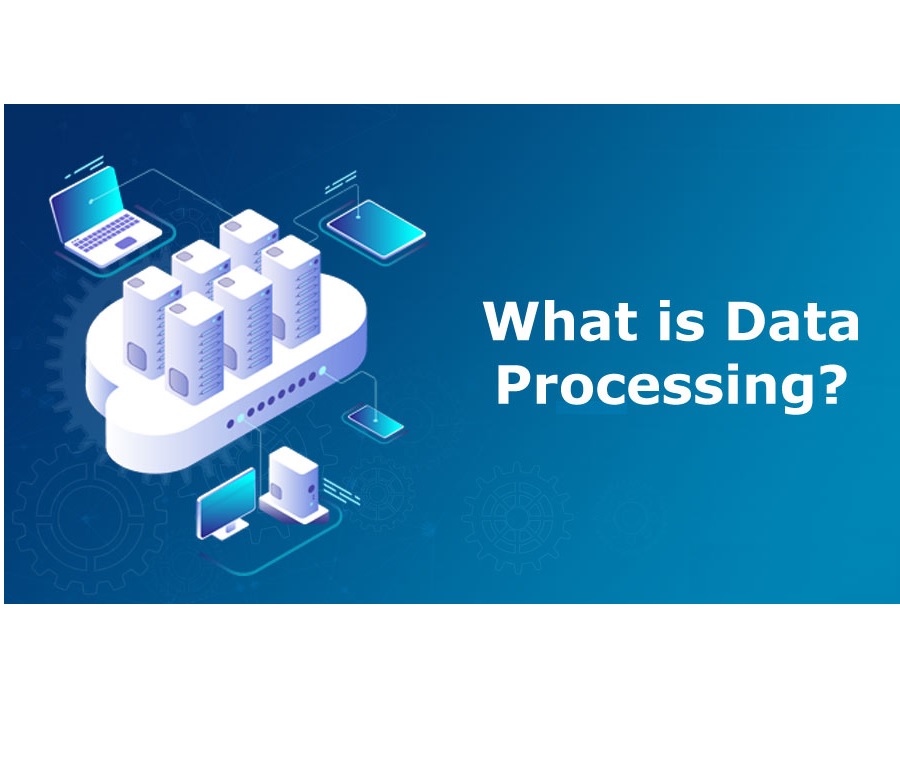Understanding Data Processing Clauses
Data processing clauses define the terms under which a data processor may process personal data on behalf of a data controller. They typically include
- Purpose Limitation: Clearly specifying the purposes for which personal data may be processed, ensuring it aligns with lawful bases under the GDPR.
- Data Security: Mandating security measures to protect personal data from unauthorized access, loss, or damage, in line with GDPR requirements.
Key Elements of Data Processing Clauses
Obligations of the Data Processor
Data processing clauses detail the obligations of the processor, including
- Confidentiality: Ensuring that personnel involved in data processing maintain confidentiality.
- Data Security: Implementing appropriate technical and organizational measures to protect personal data.
- Subprocessing: Obtaining prior written consent from the controller before engaging subprocessors.
Rights and Responsibilities of the Data Controller
Controllers are responsible for ensuring that data processing by processors complies with GDPR principles. Key aspects include
- Data Minimization: Providing only the necessary data for processing purposes.
- Monitoring: Monitoring and auditing the processor’s compliance with the contractual obligations.
Drafting Effective Data Processing Clauses
Clarity and Specificity
Ensure clauses are clear, specific, and tailored to the nature of the processing activities and the relationship between the controller and processor.
Legal Compliance
Ensure clauses align with the GDPR’s requirements, including lawful bases for processing, data subject rights, and international data transfers.
Review and Updates
Regularly review and update clauses to reflect changes in regulations or processing activities, ensuring ongoing compliance and adequacy.
Legal Framework and References
Data processing clauses must align with the legal framework of England and Wales, including references to
- GDPR Compliance: Ensuring clauses reflect GDPR principles and requirements for lawful data processing.
- Data Protection Act 2018: Incorporating provisions under the UK’s implementation of the GDPR.
Conclusion
Data processing clauses play a crucial role in defining the legal relationship between data controllers and processors, ensuring compliance with data protection laws in England and Wales. By drafting clear, comprehensive clauses and adhering to legal requirements, organisations can protect personal data and uphold trust with data subjects.
What are data processing clauses in a contract?
Data processing clauses are contractual provisions that outline how personal data will be handled, processed, and protected by a data processor on behalf of a data controller, ensuring compliance with data protection laws.
Why are data processing clauses important?
Data processing clauses clarify the responsibilities, obligations, and rights of both parties involved in processing personal data, ensuring legal compliance and safeguarding individuals’ data rights.
What should be included in data processing clauses?
These clauses typically include details on the purpose of data processing, security measures, confidentiality obligations, data subject rights, and procedures for data breaches and international data transfers.
Who needs to include data processing clauses in contracts?
Any contract involving the processing of personal data, where one party acts as a data controller and another as a data processor, should include data processing clauses to ensure GDPR compliance.
How do data processing clauses comply with GDPR?
Data processing clauses must align with GDPR principles such as lawful basis for processing, data minimization, accountability, and data subject rights, ensuring that personal data is processed fairly and transparently.
Can data processing clauses be tailored to specific needs?
Yes, data processing clauses should be tailored to reflect the specific nature of the processing activities and the relationship between the controller and processor, ensuring clarity and legal compliance.
What happens if data processing clauses are not included in contracts?
Failure to include data processing clauses may result in legal and regulatory consequences, including fines and penalties for non-compliance with GDPR requirements on data processing and protection.
How often should data processing clauses be reviewed and updated?
Data processing clauses should be reviewed regularly to reflect changes in data protection laws, contractual relationships, or processing activities, ensuring continued compliance and adequacy.
Are there standard templates for data processing clauses?
While there are standard templates available, it’s crucial to customize data processing clauses to fit the specific circumstances and legal requirements of each contract and data processing scenario.
Where can I get guidance on drafting data processing clauses?
Guidance on drafting data processing clauses can be obtained from legal professionals specializing in data protection, industry-specific guidelines, and resources provided by regulatory authorities such as the ICO in the UK.
- Self Employed Consultant Agreement (Long) – Provider Version - August 14, 2024
- Website Privacy Policy – First Party Cookies + Analytics - August 10, 2024
- Templates For Supply Of Plastic Packaging Subject To Plastic Packaging Tax - August 9, 2024










